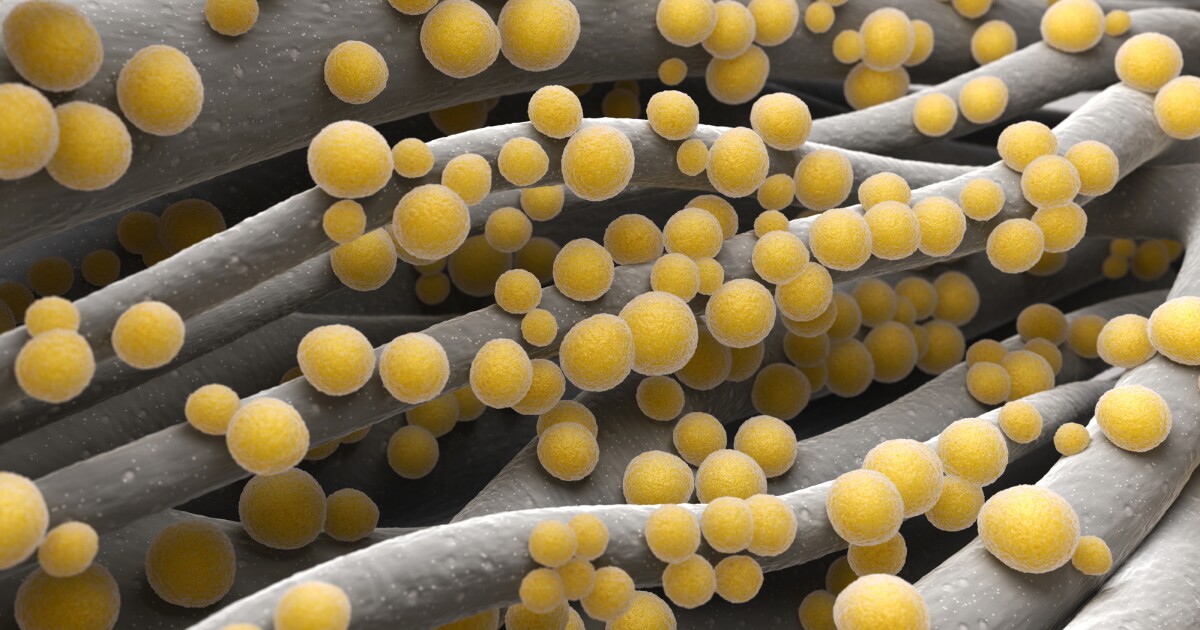Infection
Experimental type of vaccine could prevent hospital-acquired infections
Hospitals are meant to be places of healing, but patients often pick up new infections there that are potentially dangerous and hard to treat. A new, experimental vaccine given on arrival to hospital could help prevent infections from a range of drug-resistant bacteria and fungi, by activating a different arm of the immune system.
With so many sick people in close quarters, perhaps it’s unsurprising that hospital-acquired infections are common. The bacteria there are regularly exposed to antibiotics, with many developing resistance, before being spread on doctor’s hands or medical equipment to new patients. These infections can be deadly, especially for patients in intensive care or with weakened immune systems.
To prevent these infections, scientists at the University of Southern California (USC) have now developed a new type of vaccine that could be given to patients on arrival to hospital, to prevent them catching a broad range of infections during their stay.
Most vaccines work by stimulating the adaptive immune system to produce antibodies targeting a specific pathogen. But this new one works in a different way, activating the innate immune system instead to boost the production of immune cells called macrophages. These are found in all tissues of the body, where they detect and destroy foreign invaders like bacteria and fungi, making this vaccine potentially broad-spectrum rather than singling out one target.
“[Otherwise], multiple vaccines would have to be deployed simultaneously to protect against the full slate of antibiotic-resistant microbes that cause health care-acquired infections,” said Brian Luna, an author of the study.
The vaccine was tested in mice in two independent labs, and sure enough, the levels of macrophages in the animals’ bloodstreams significantly increased. This protected them against blood or lung infections from multiple drug-resistant strains of bacteria, such as MRSA, E. coli, Enterococcus faecalis, Acinetobacter baumannii, Klebsiella pneumoniae, and Pseudomonas aeruginosa, as well as common fungi Rhizopus delemar and Candida albicans.
A single dose was found to begin working within 24 hours and last for up to 28 days, after which a second dose could be administered to boost the efficacy again. Importantly, the vaccine is composed of three ingredients – aluminum hydroxide, monophosphoryl lipid A – which are already FDA-approved for use in vaccines in humans, plus a fragment of a common skin fungus.
The team says that the vaccine could help prevent deaths and illnesses from hospital-acquired infections, and slow the development of antibiotic resistance since fewer of those drugs will be needed. The next steps towards that goal will be human clinical trials, which the researchers plan to work on next with the help of the FDA.
The research was published in the journal Science Translational Medicine. The team describes the work in the video below.
Hospital Superbugs: Could one vaccine beat them all?
Source: USC

